Syria
Syria’s interim president, Ahmad al-Sharaa, met with United States President Donald Trump in Saudi Arabia on Wednesday.
Their handshake, orchestrated by the leaders of Saudi Arabia and Turkey, is one that would have been unthinkable just months ago.
It captured Sharaa’s dizzying journey from hardened jihadi to the leader of the war-battered country.
He swept to power in Syria at the head of a coalition of Islamist rebels that Washington has called a terrorist organisation, and once pledged allegiance to al Qaeda.
Since the overthrow of President Bashar al-Assad’s regime in December last year, Sharaa’s been trying to shed the country’s pariah status, cementing ties with the US’ top allies in the region.
The meeting with Trump on Wednesday was the first between a US and Syrian president in 25 years and a key milestone for Damascus’ reintegration into the international arena.
It followed the US president’s announcement of an end to Washington’s sanctions on Syria.
The news is a huge boost for Sharaa and sparked celebrations across the country whose economy has been ravaged by 14 years of civil war.
The news sparked celebrations across Syria, whose economy has been ravaged by 14 years of civil war and international isolation.
During the short meeting, Trump urged al-Sharaa to normalise ties with Israel.
Following the meeting, Trump said it had gone “great” and described Sharaa as a “young, attractive guy. Tough guy. Strong past. Very strong past. Fighter”.
Sharaa still faces daunting challenges to building the kind of peaceful and tolerant Syria he has promised.




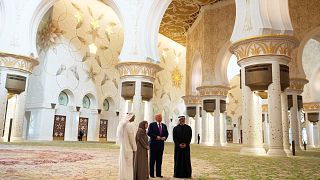
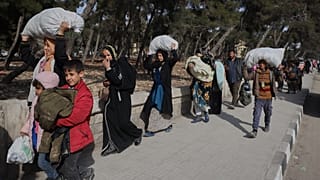
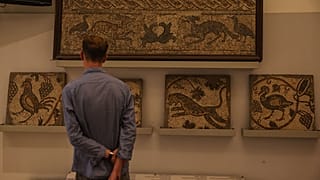
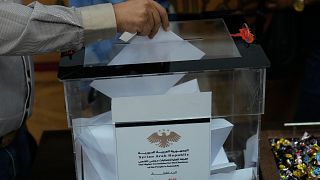

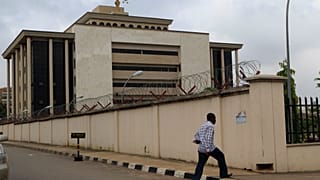
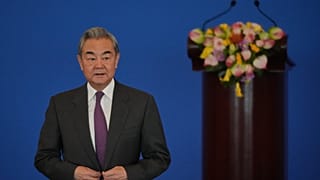
01:48
Egypt and EU agree on urgent need for second phase of Gaza ceasefire
01:50
South Africa: Protesters condemn US attack on Venezuela
00:58
Somalia: US halts assistance to federal government
01:09
Trump orders US withdrawal from 66 international organisations under ‘America First’ policy
01:00
USA: Minneapolis protests erupt after woman killed in ICE operation
00:56
South africa won’t block US refugee program for white minority